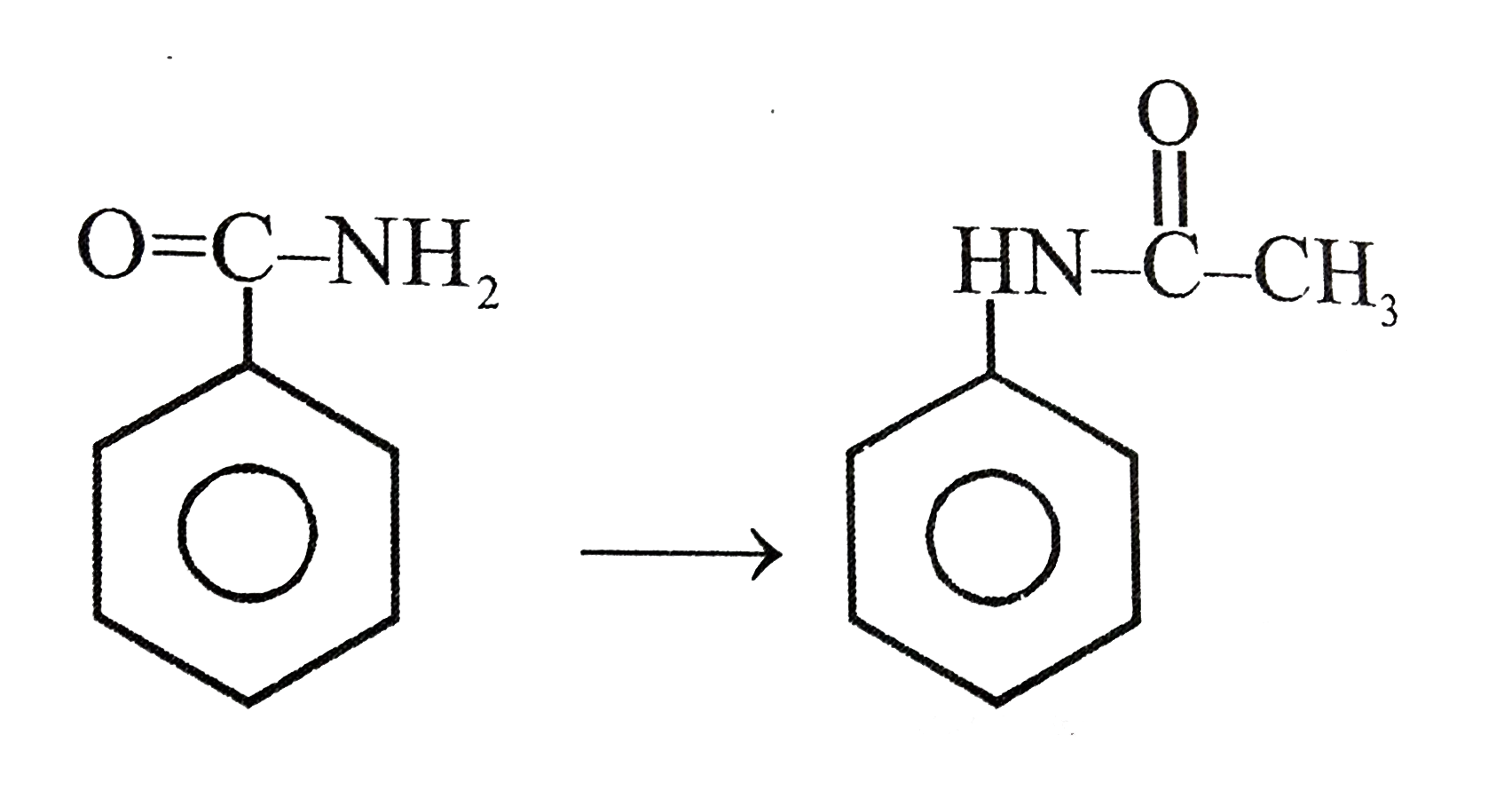The reagents that can be used convert benzenediazonium chloride to benzene are….
SnCl2/HCl
CH3CH2OH
H3PO2
LiAlH4
The correct Answer is:B, C
To convert benzenediazonium chloride to benzene, we need to identify suitable reagents that can provide a proton (H⁺) for the reaction. Here’s a step-by-step solution:
Step 1: Understand the Structure of Benzenediazonium Chloride
Benzenediazonium chloride has the formula C₆H₅N₂Cl. It contains a diazonium group (N₂⁺) attached to a benzene ring.
Step 2: Identify the Reaction
The conversion of benzenediazonium chloride to benzene involves the removal of the diazonium group and the addition of a proton (H⁺) to the benzene ring.
Step 3: Determine Suitable Reagents
We need to find reagents that can provide H⁺ ions. Protic acids are suitable because they can donate protons.
Step 4: Analyze Given Reagents
1. SnCl₂ and HCl: HCl is a protic acid, but in this context, it does not effectively provide H⁺ ions in solution. SnCl₂ is not a protic acid.
2. Lithium Aluminum Hydride (LiAlH₄): This reagent provides hydride ions (H⁻) instead of protons (H⁺), so it cannot be used.
3. Ethanol (C₂H₅OH): Ethanol is a protic acid and can donate H⁺ ions.
4. Phosphorous Acid (H₃PO₂): This is also a protic acid and can donate H⁺ ions.
Step 5: Conclusion
The reagents that can be used to convert benzenediazonium chloride to benzene are:
- Ethanol (C₂H₅OH)
- Phosphorous Acid (H₃PO₂)
Final Answer
The reagents that can convert benzenediazonium chloride to benzene are ethanol and phosphorous acid.
---
Benzenediazonium chloride has the formula C₆H₅N₂Cl. It contains a diazonium group (N₂⁺) attached to a benzene ring.
The conversion of benzenediazonium chloride to benzene involves the removal of the diazonium group and the addition of a proton (H⁺) to the benzene ring.
We need to find reagents that can provide H⁺ ions. Protic acids are suitable because they can donate protons.
1. SnCl₂ and HCl: HCl is a protic acid, but in this context, it does not effectively provide H⁺ ions in solution. SnCl₂ is not a protic acid.
2. Lithium Aluminum Hydride (LiAlH₄): This reagent provides hydride ions (H⁻) instead of protons (H⁺), so it cannot be used.
3. Ethanol (C₂H₅OH): Ethanol is a protic acid and can donate H⁺ ions.
4. Phosphorous Acid (H₃PO₂): This is also a protic acid and can donate H⁺ ions.
The reagents that can be used to convert benzenediazonium chloride to benzene are:
- Ethanol (C₂H₅OH)
- Phosphorous Acid (H₃PO₂)
The reagents that can convert benzenediazonium chloride to benzene are ethanol and phosphorous acid.
Topper's Solved these Questions
- AMINESBOOK - NCERT EXEMPLAR ENGLISHCHAPTER - AMINESEXERCISE - SATQ
37 Videos
- AMINESBOOK - NCERT EXEMPLAR ENGLISHCHAPTER - AMINESEXERCISE - LONG ANSWER
3 Videos
- ALDEHYDE, KETONES AND CARBOXYLIC ACIDSBOOK - NCERT EXEMPLAR ENGLISHCHAPTER - ALDEHYDE, KETONES AND CARBOXYLIC ACIDSEXERCISE - Long Answer Type Questions
4 Videos
- BIOMOLECULES BOOK - NCERT EXEMPLAR ENGLISHCHAPTER - BIOMOLECULES EXERCISE - Long Answer Type Questions
5 Videos
Similar Questions
Which of the following reagent can be used to convert benzene diazonium chloride to phenol?
View SolutionBenzenediazonium chloride is reduced to benzene by
View SolutionThe reagent needed for converting
 is :
is :
View SolutionWhich reagent can be used to convert a carboxylic acid chloride into a ketone ?
View SolutionWhat happens when phenol reacts with benzenediazonium chloride?
View SolutionThe reagents used to convert

View SolutionHow will you convert benzene into

View SolutionThe reagents needed to convert :

View SolutionBenzenediazonium chloride on reaction with water gives
View SolutionWhich of the following reagents can be used to convert alkyl halide into alkane ?
View Solution
